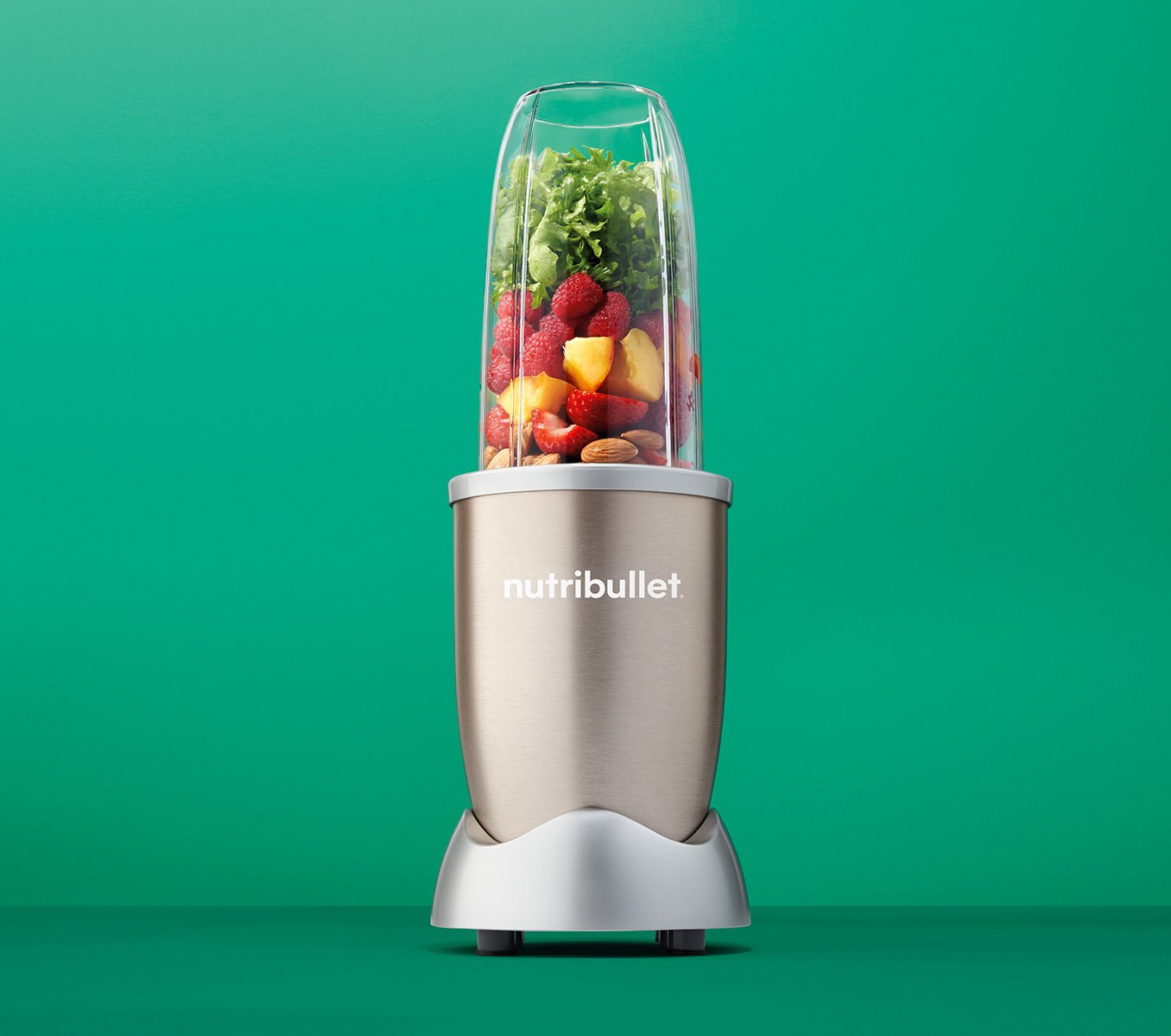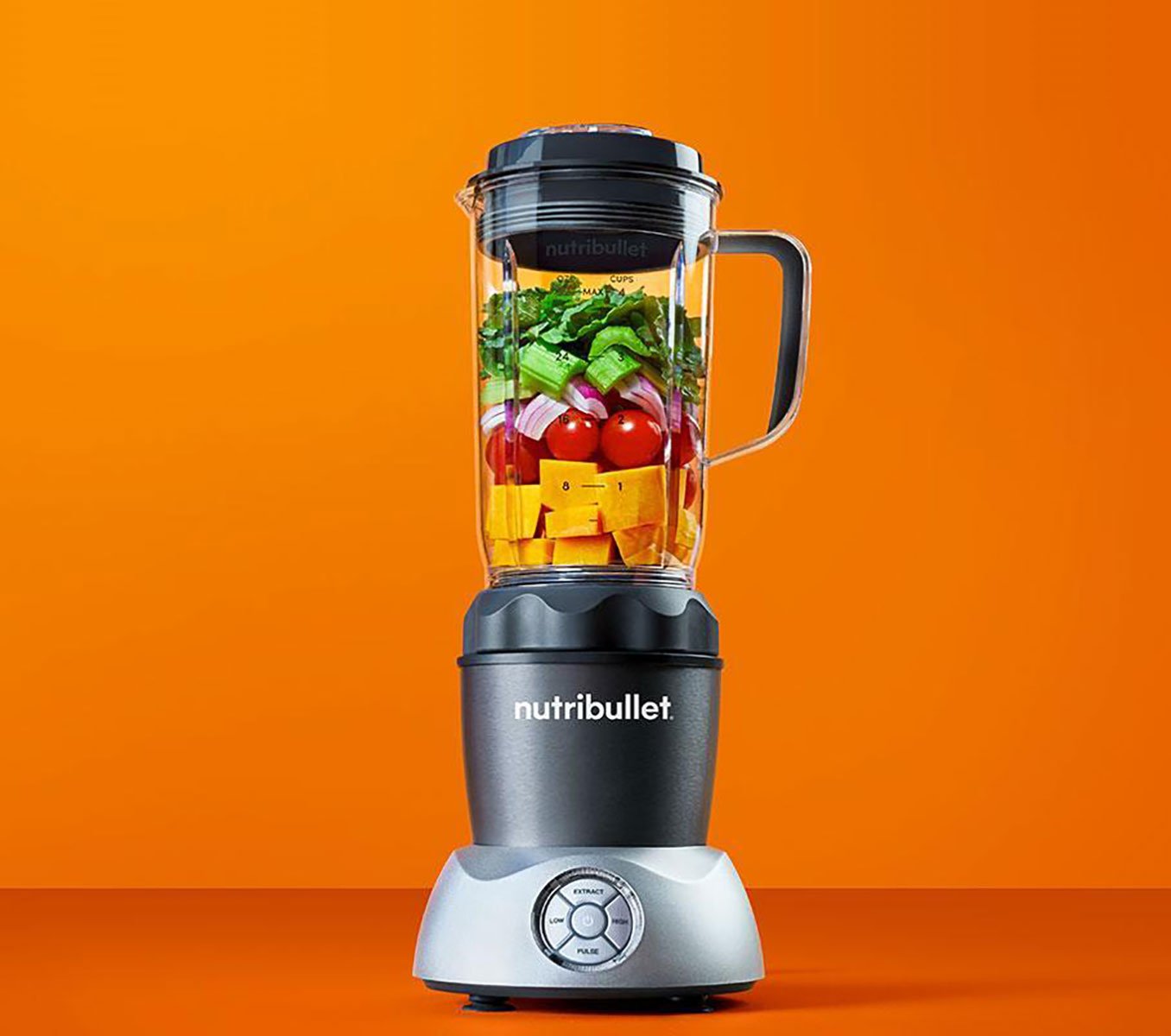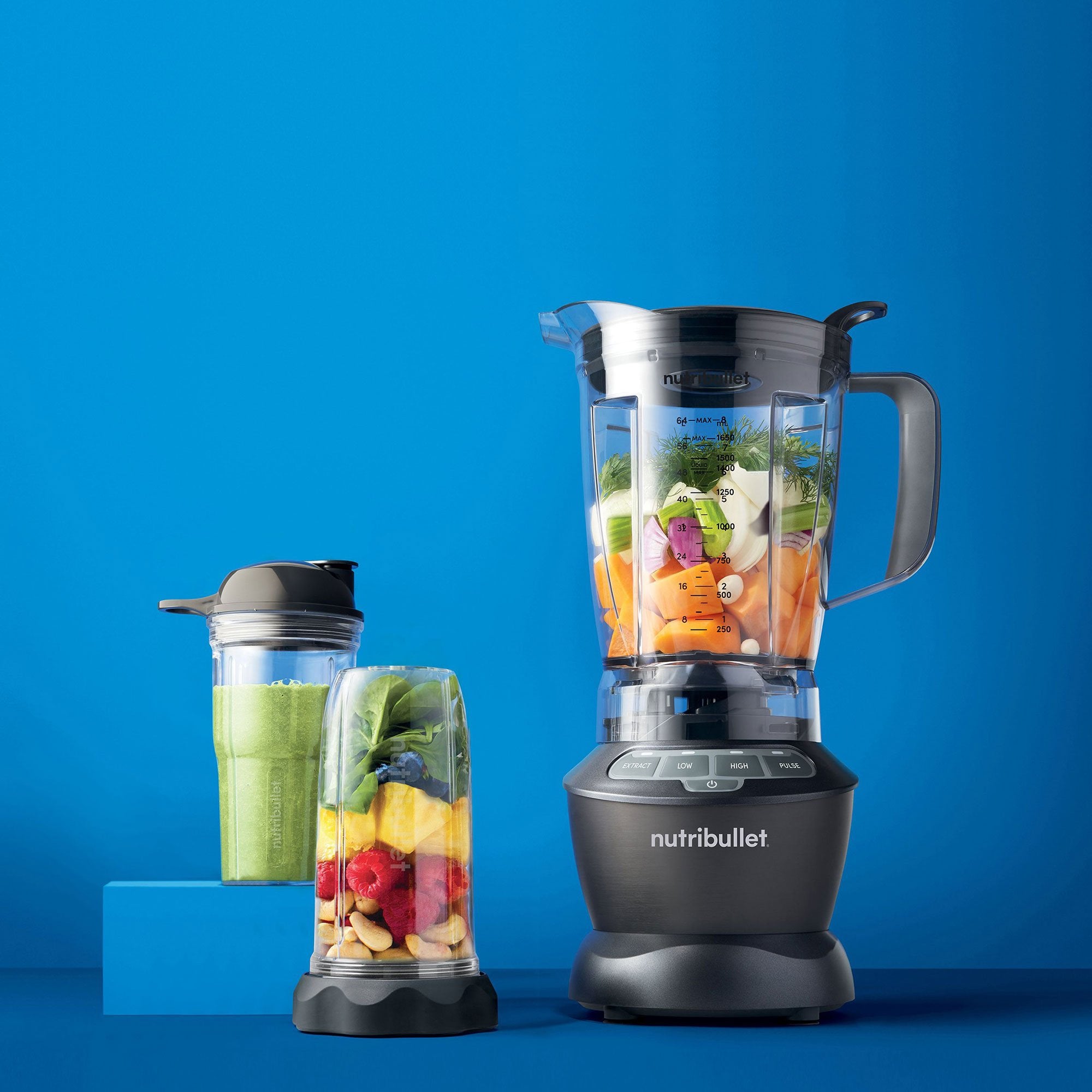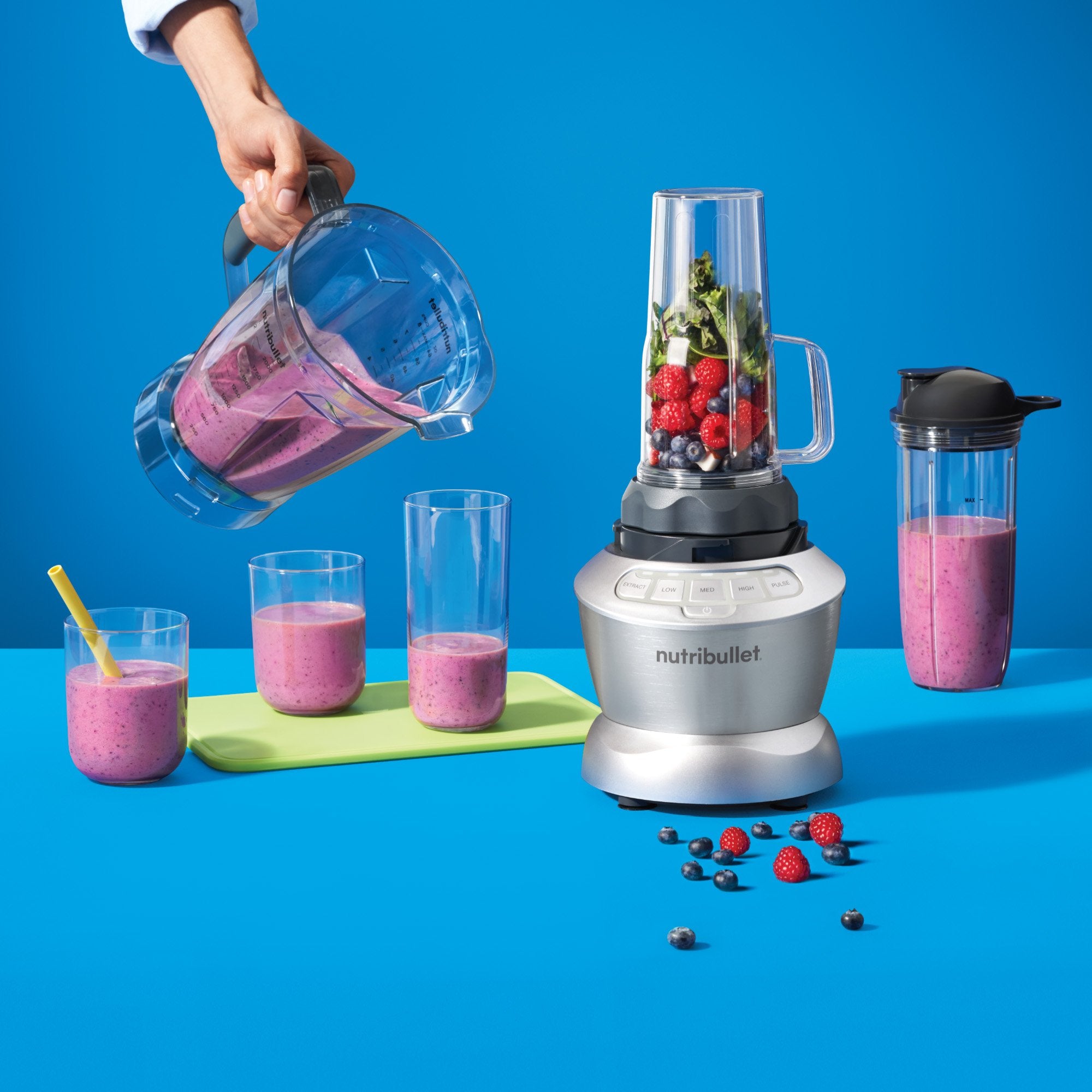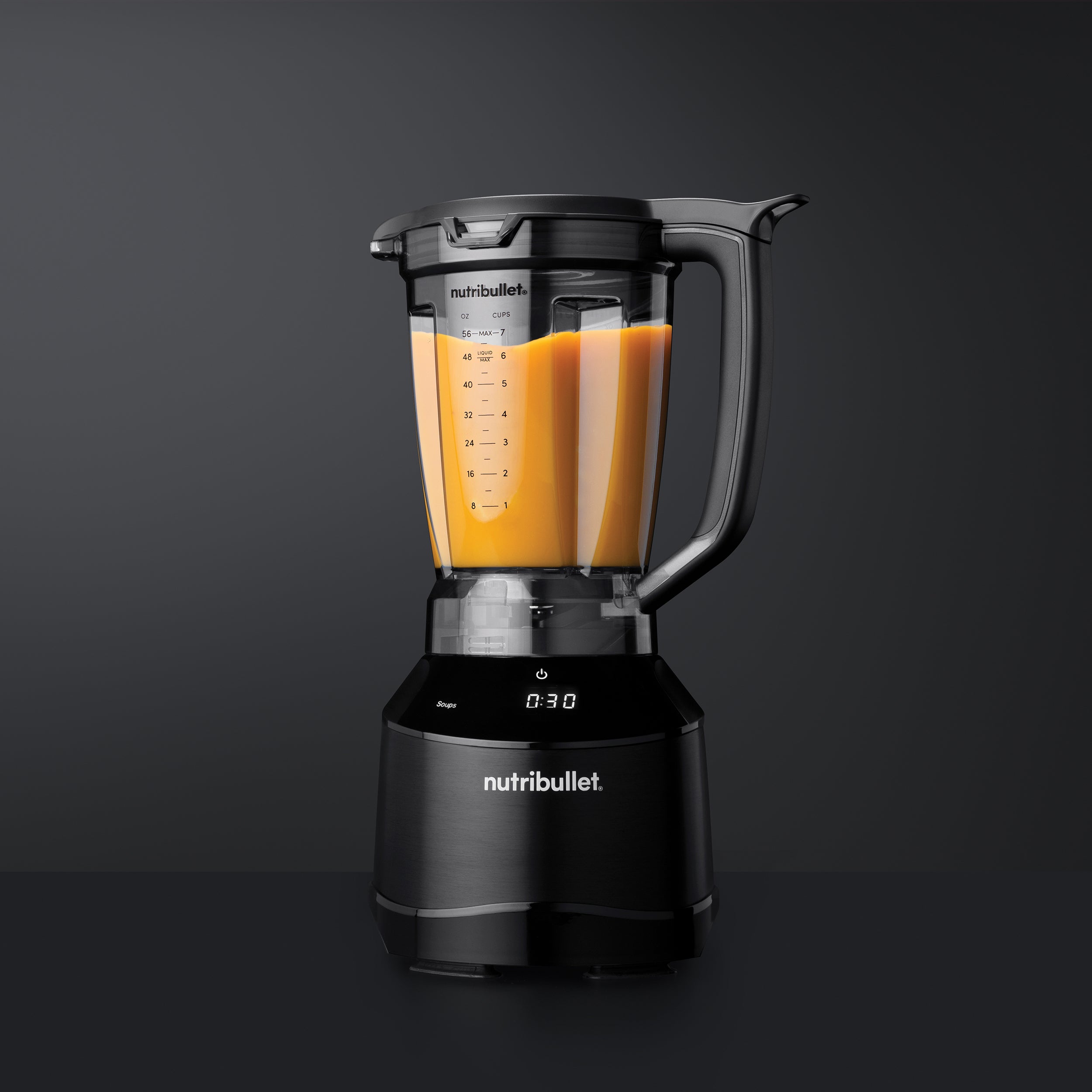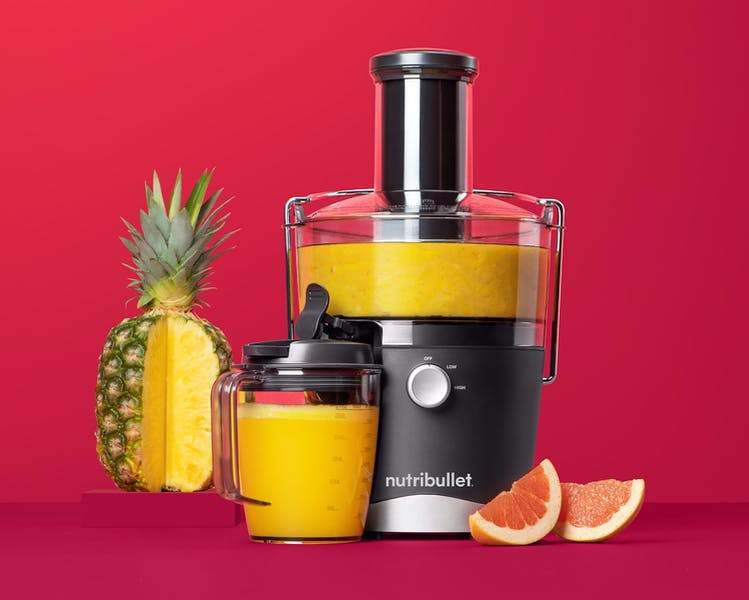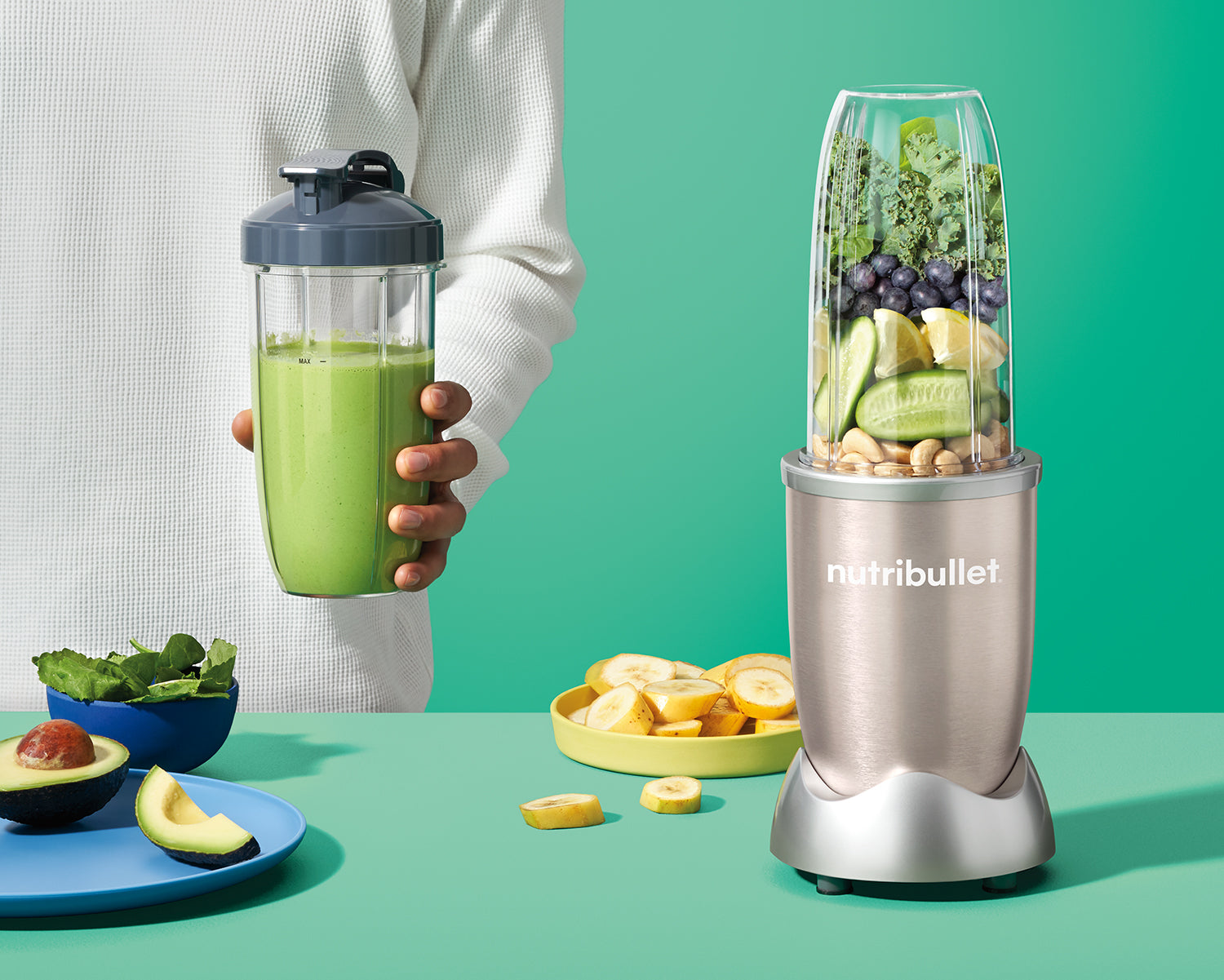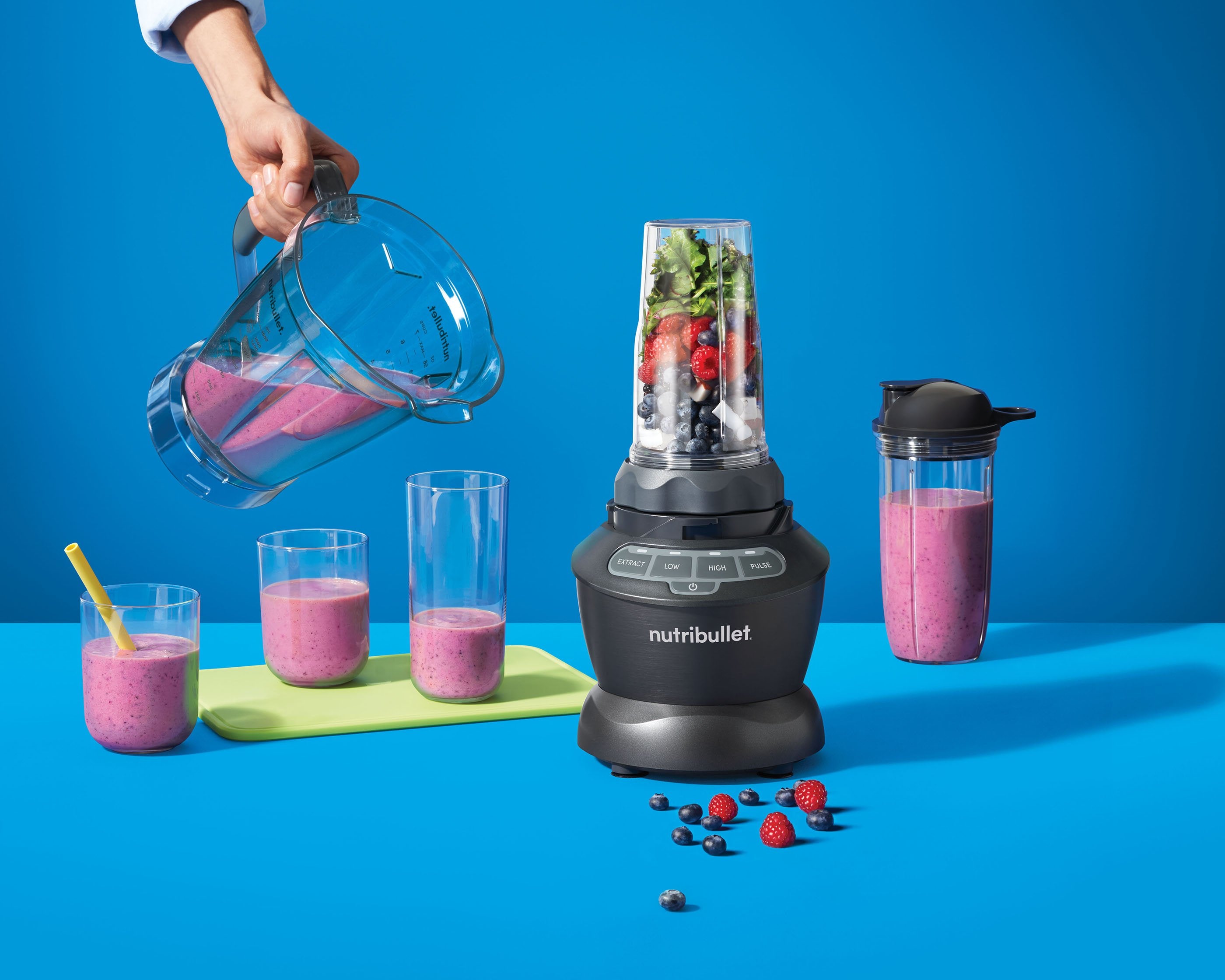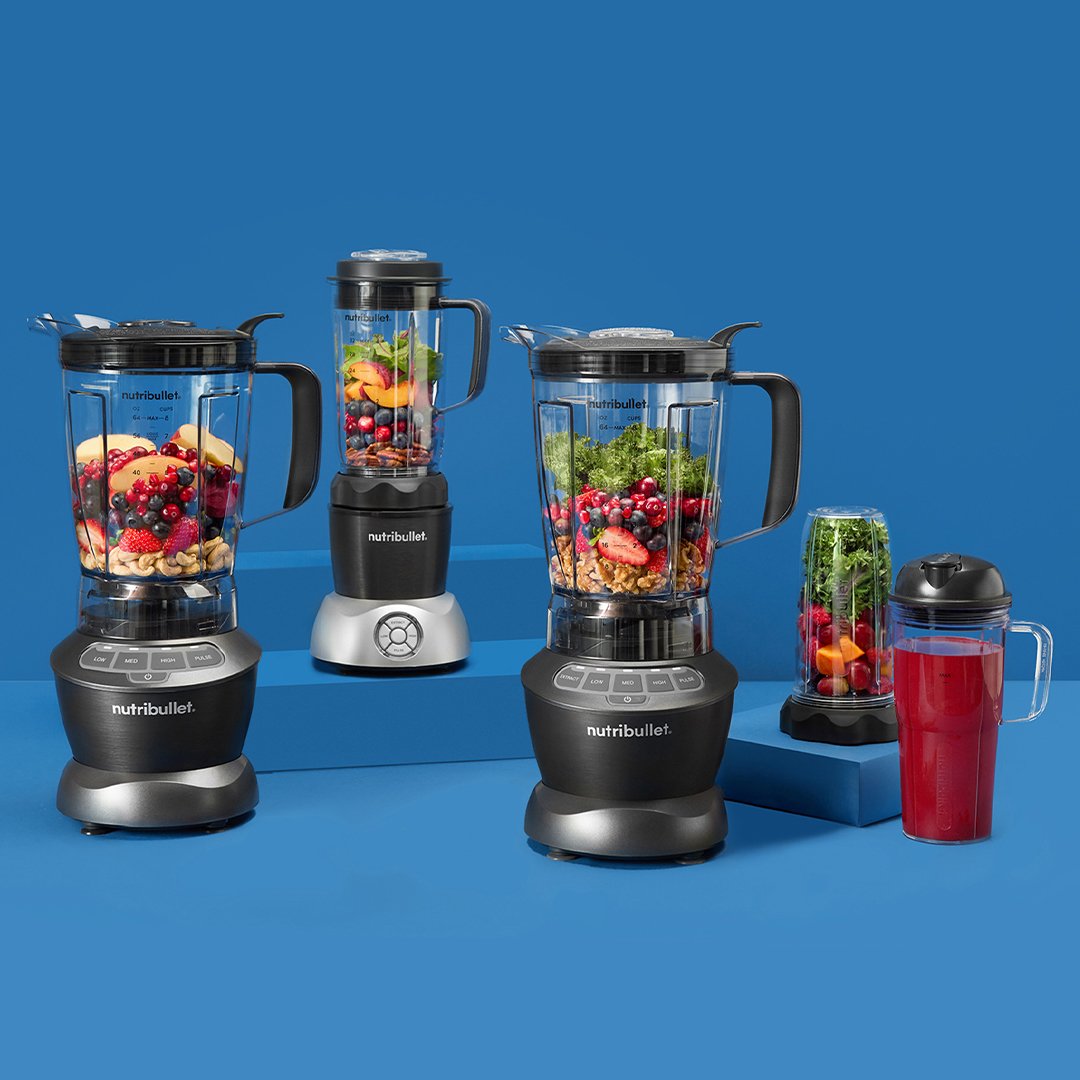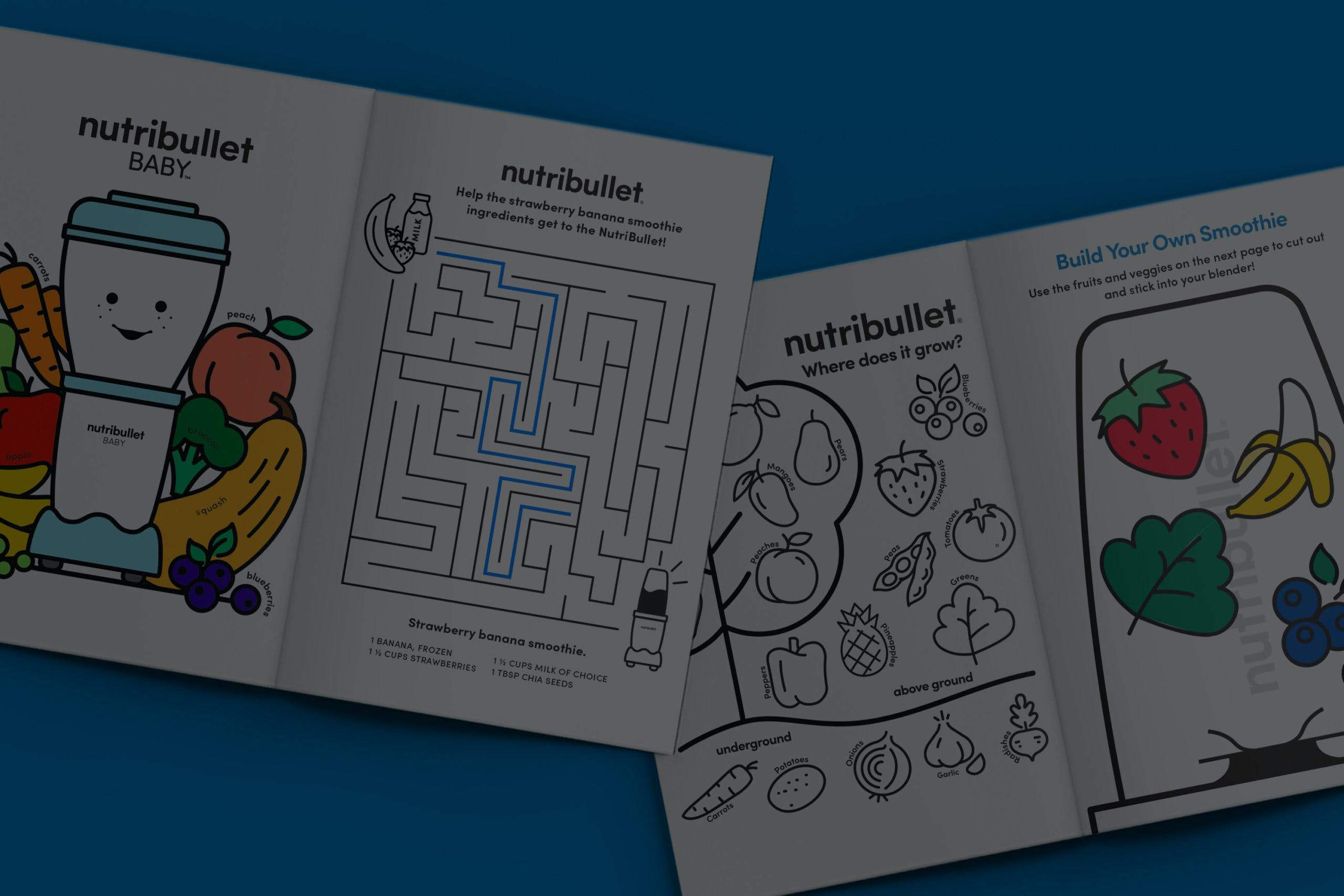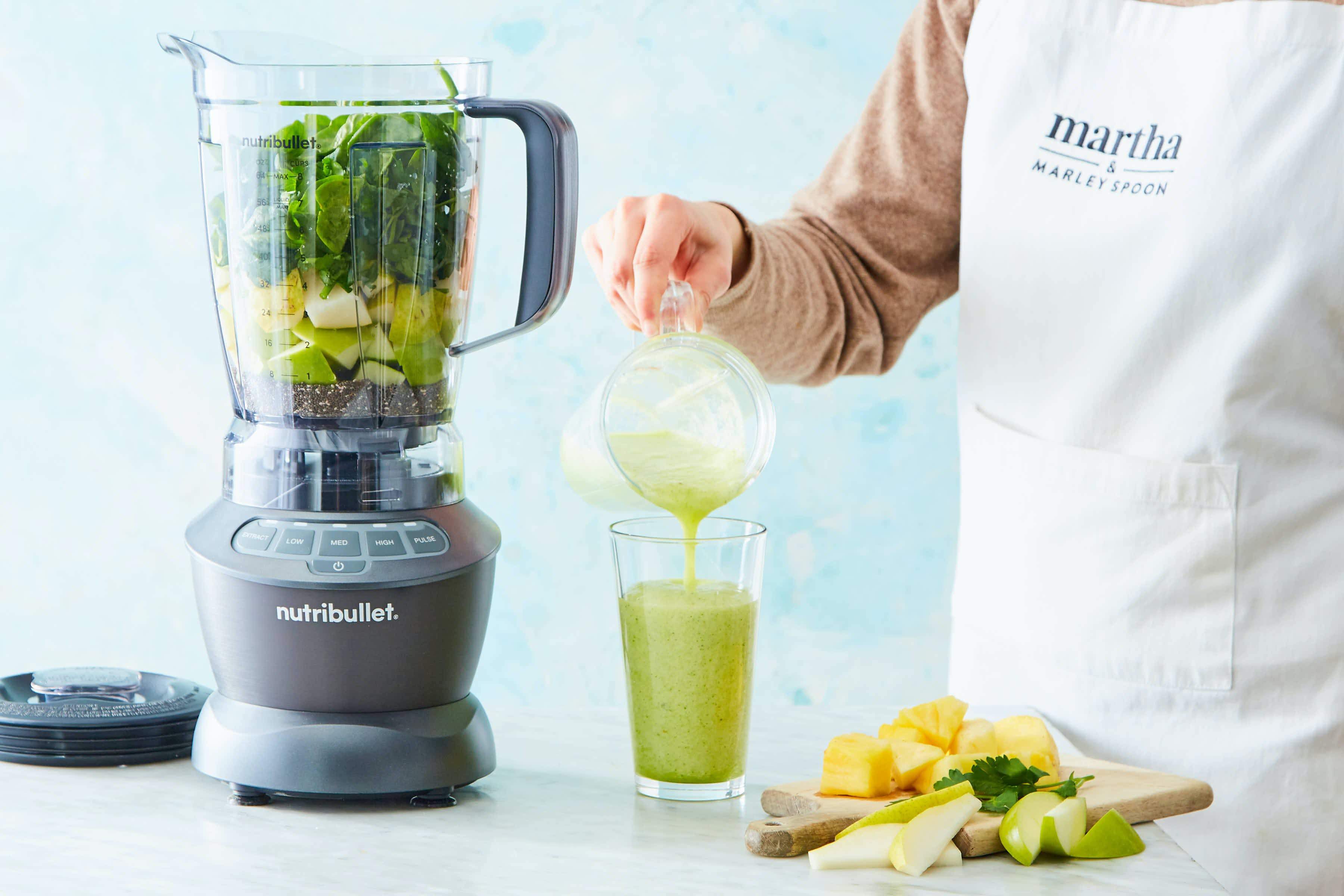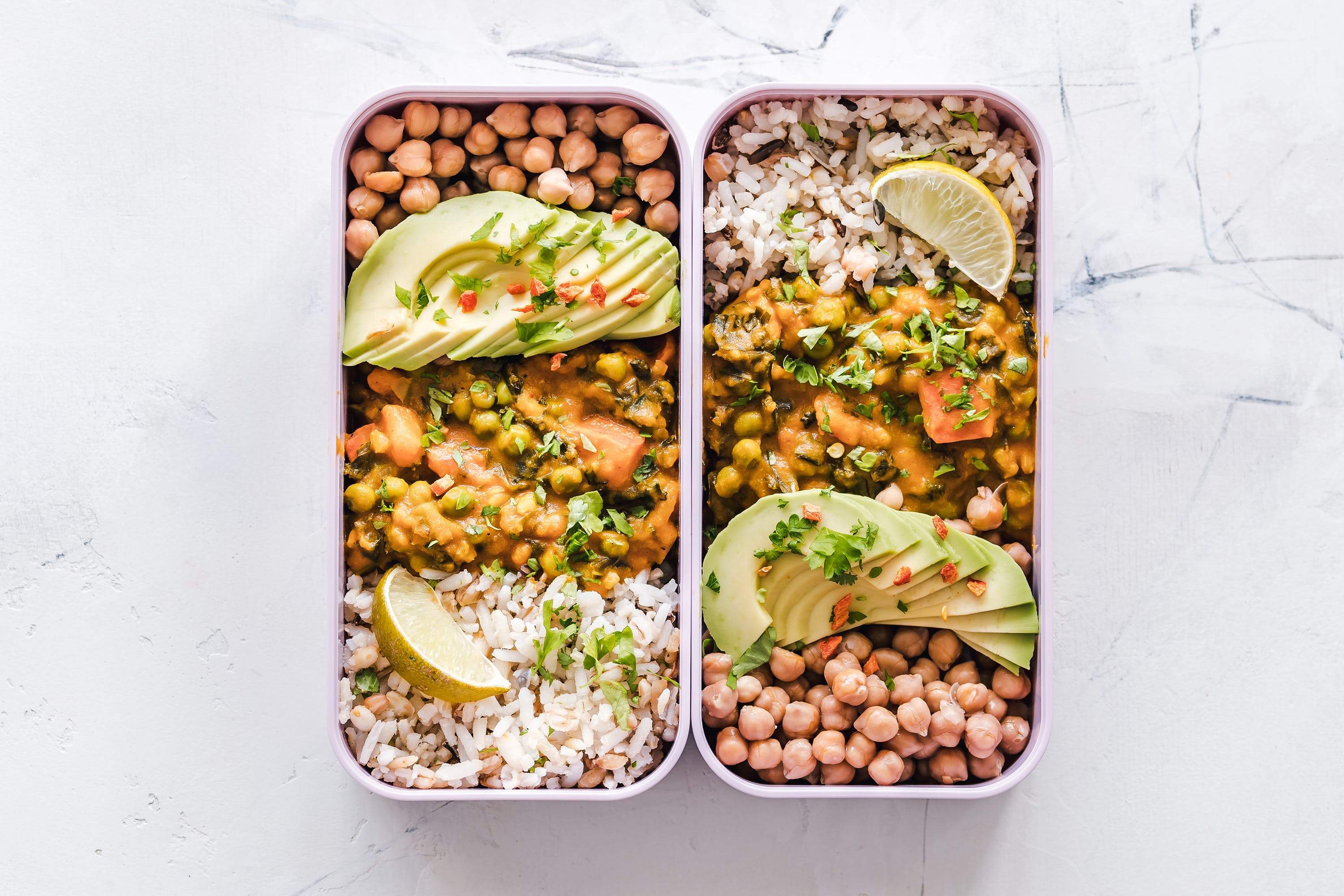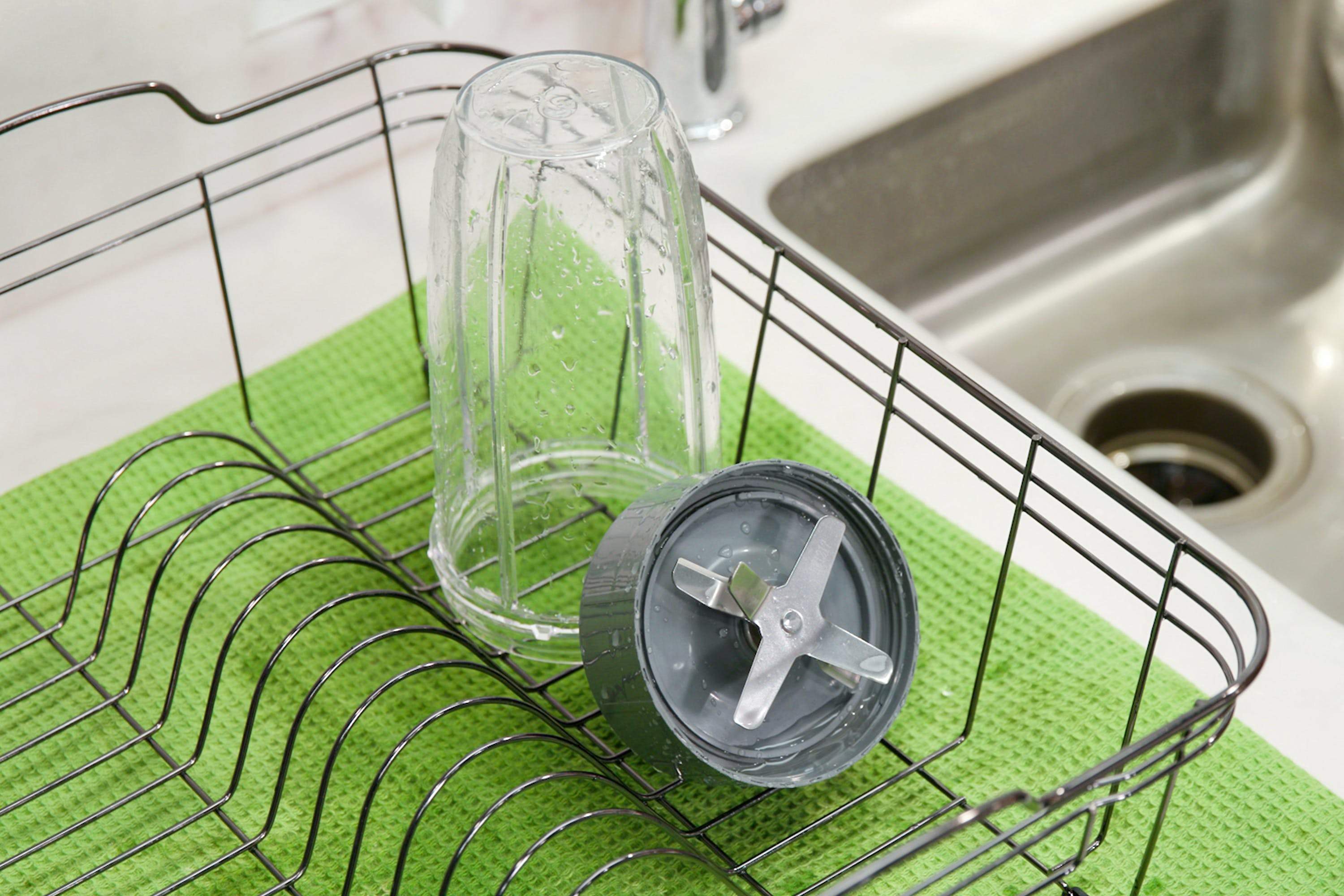Baking soda is a household staple. We’ve all used it to make fluffy baked goods, clean our bathtubs, brighten our laundry, whiten our teeth and raise pH in our backyard pools. Baking soda is incredibly useful, but can it help improve our health? According to a new study, there’s a possibility!
A study conducted at the Medical College of Georgia gave researchers a first look at the possible connection between inflammation and baking soda. It was funded by the National Institutes of Health and later published in the Journal of Immunology.
In this study, researchers gave both rats and, subsequently, healthy medical students a beverage combining water and the common household item – baking soda. Participants in this study consumed the baking soda and water beverage for two weeks.
After two weeks, researchers found that consuming the baking soda caused the stomach to make more acid to digest the next meal while also sending a message to the spleen that “everything is okay” and that no immune response is necessary. They concluded that the mesothelial cells were responsible for sending this message. They are small cells that cover the spleen and all other organs, serving not only as protection but also immunity support.
In the spleen, as well as in the blood and kidneys, researchers also found that the population of immune cells, called macrophages, changed after two weeks of consuming the baking soda beverage. The macrophages changed from M1, which promotes inflammation, to M2, which decreases inflammation. This anti-inflammatory response lasted for four hours in the humans and three days in the rats.
Researchers are convinced and very hopeful that this study will provide a better understanding of how to safely and inexpensively treat inflammatory diseases, from kidney disease to rheumatoid arthritis, to a host of other autoimmune diseases.
Nutritional information
Recipe: Creamy Green Strawberry Dream Serving in this recipe:1
- Calories: 236.6
- Total Fat: 3.6 g 5.5%
- Saturated Fat: 0.4 g 1.9%
- Cholesterol: 0 mg 0%
- Sodium: 358.7 mg 14.9%
- Total Carbs: 45.7 g 15.2%
- Dietary Fiber: 9.9 g 39.4%
- Sugar: 22.1 g
- Protein: 8.1 g 16.2%
- Vitamin A: 481.9% Vitamin C: 244.1%
- Calcium: 68.5% Iron: 26.1%
* Percent Daily Values are based on a 2,000 calorie diet. Your daily values may be higher or lower depending on your calorie needs.

